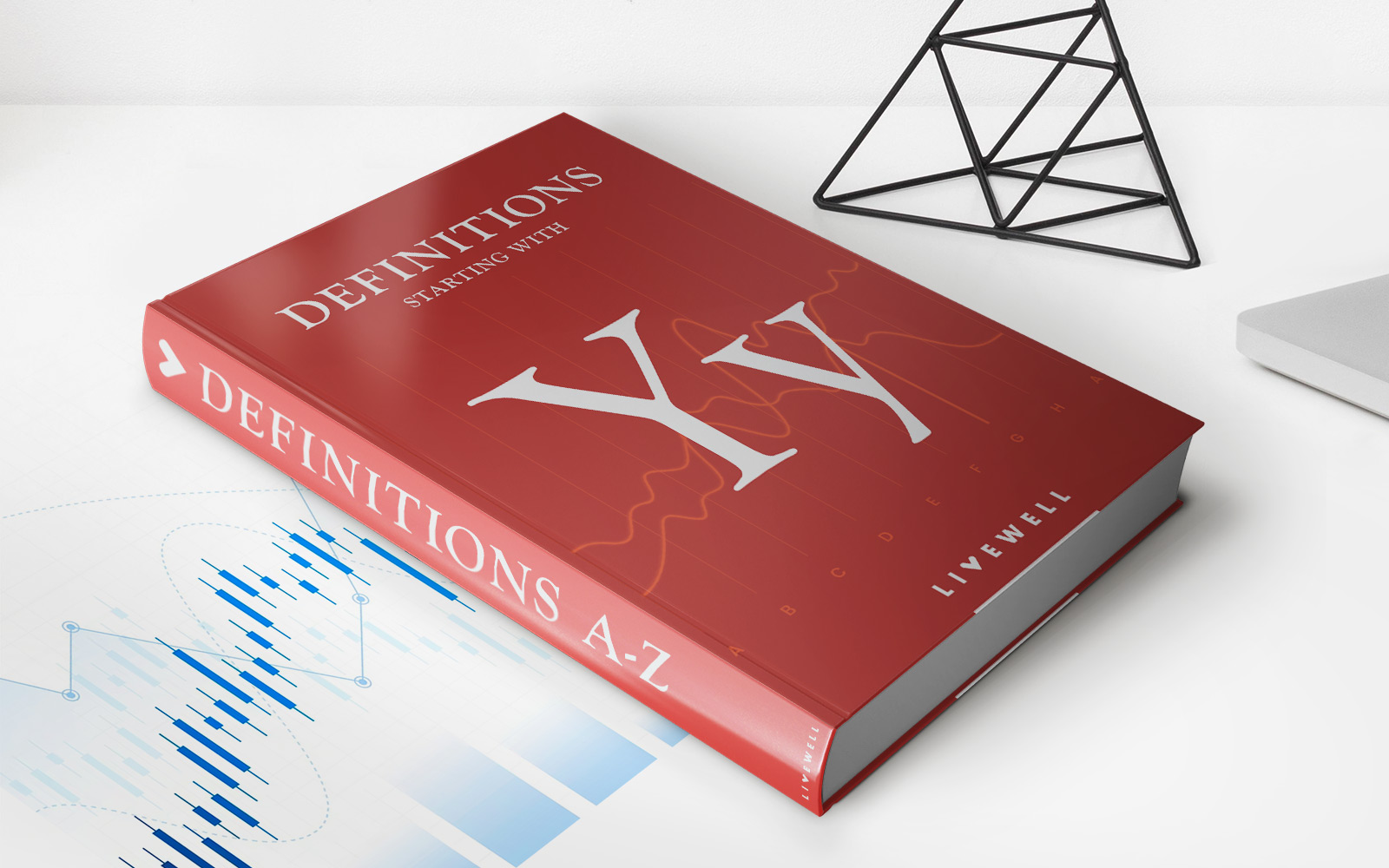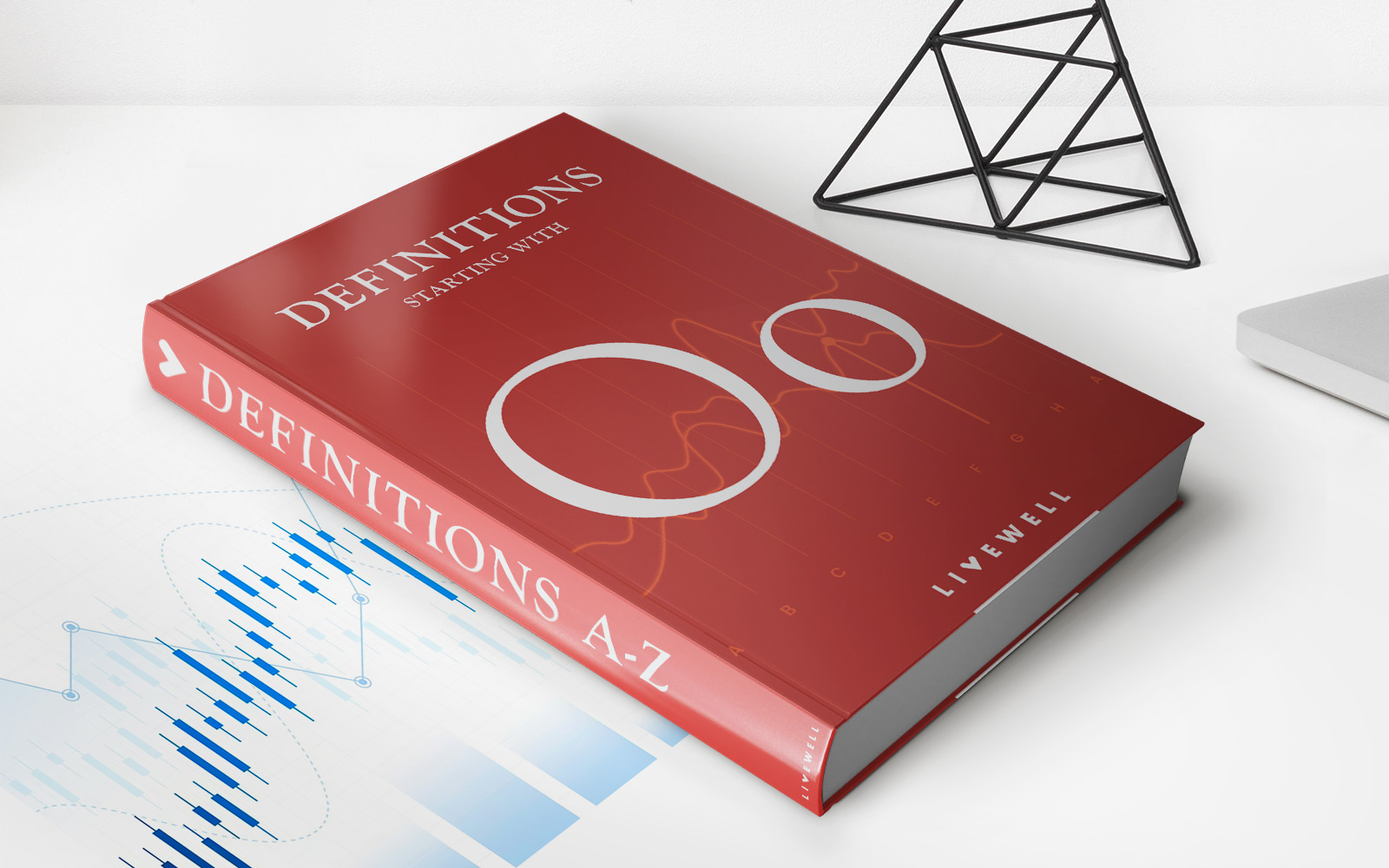Home>Finance>What Is The DTAA Benefit For TDS On NRO Fixed Deposits


Finance
What Is The DTAA Benefit For TDS On NRO Fixed Deposits
Published: December 22, 2023
Learn how the Double Taxation Avoidance Agreement (DTAA) provides tax benefits on TDS for NRO fixed deposits in finance sector.
(Many of the links in this article redirect to a specific reviewed product. Your purchase of these products through affiliate links helps to generate commission for LiveWell, at no extra cost. Learn more)
Table of Contents
Introduction:
When it comes to managing your finances, it’s essential to have a clear understanding of the various tax regulations and benefits that can impact your investments. One such benefit is the Double Taxation Avoidance Agreement (DTAA) for Tax Deducted at Source (TDS) on Non-Resident Ordinary (NRO) fixed deposits. This agreement offers numerous advantages for individuals who hold NRO fixed deposits and reside in a country that has signed the DTAA with India.
In this article, we will explore what exactly the DTAA is, delve into the specifics of NRO fixed deposits, and understand the significance of TDS on these deposits. We will then elucidate the benefits offered by the DTAA for TDS on NRO fixed deposits, highlighting why it is a valuable aspect to be aware of and leverage for optimizing your financial planning.
So, let’s dive in and shed light on the DTAA benefit for TDS on NRO fixed deposits, empowering you to make informed financial decisions and maximize your returns.
What is DTAA?
DTAA stands for Double Taxation Avoidance Agreement, which is a bilateral agreement signed between two countries to eliminate or reduce the double taxation of income or wealth that occurs when a taxpayer is a resident of one country but earns income in another country. In simpler terms, it is a mutual agreement between countries to ensure that individuals or businesses do not pay taxes on the same income in both countries.
The purpose of the DTAA is to promote international trade and investments by providing tax certainty and reducing the tax burden on taxpayers. It helps eliminate the possibility of being taxed twice on the same income and prevents tax discrimination between residents of the two countries.
Under the DTAA, specific rules are established to determine the tax liabilities of residents and non-residents of both countries. These rules cover various types of income, including dividends, interest, royalties, capital gains, and employment income. The agreement typically includes provisions for determining the residence of an individual or business, as well as rules for resolving any disputes that may arise.
It is important to note that each DTAA is unique and may vary in terms of its coverage and provisions. The agreement may specify the rates at which income will be taxed, provide exemptions or reductions in tax rates, and outline the procedures for claiming benefits under the agreement.
India has entered into DTAA agreements with several countries to avoid double taxation and provide relief to taxpayers. These agreements serve as essential tools in promoting cross-border investments, economic cooperation, and facilitating the exchange of goods and services between nations.
Now that we have a basic understanding of what DTAA is, let’s explore how it relates to NRO fixed deposits and the benefits it offers for TDS on such deposits.
NRO Fixed Deposits
NRO fixed deposits, or Non-Resident Ordinary fixed deposits, are financial instruments offered by banks in India to non-resident individuals or entities. These fixed deposits can be opened by individuals who are of Indian origin but reside outside of India, as well as foreign nationals who have earned income in India and subsequently become non-residents. NRO fixed deposits are maintained in Indian Rupees and are subject to certain rules and regulations set by the Reserve Bank of India (RBI).
One of the primary reasons why individuals opt for NRO fixed deposits is to park their income earned in India securely and earn a competitive interest rate on it. These deposits typically have a fixed tenure, ranging from a few months to several years, and offer a predetermined interest rate for the duration of the deposit. The interest earned on NRO fixed deposits is taxable in India.
Moreover, NRO fixed deposits provide a convenient avenue for non-residents to manage their finances in India. Individuals can deposit income earned in various forms, including rent, dividends, pensions, or any other income generated in India, into their NRO accounts. These deposits also allow for easy repatriation of funds, enabling non-residents to transfer their funds abroad as and when needed.
It’s essential to understand that NRO fixed deposits are separate from Non-Resident External (NRE) fixed deposits. NRE fixed deposits are maintained in foreign currency and are freely repatriable, meaning the principal amount and interest earned can be transferred back to the depositor’s foreign bank account without any restrictions.
Now that we have a good grasp of what NRO fixed deposits are, let’s explore the significance of Tax Deducted at Source (TDS) on these deposits and how it affects non-residents.
TDS (Tax Deducted at Source) on NRO Fixed Deposits
Tax Deducted at Source (TDS) is a mechanism employed by the Indian government to collect taxes at the source of income. It requires the payer of certain types of income to deduct tax at the applicable rate and remit it to the government on behalf of the recipient. This system ensures that taxes are collected in a timely manner and reduces the burden of taxpayers to pay the entire tax liability at once.
Similar to other types of income, TDS is also applicable to the interest earned on NRO fixed deposits. Banks are required to deduct TDS at the applicable rates before crediting the interest to the depositor’s account. The current TDS rate on interest income from NRO fixed deposits is 30% plus applicable surcharge and cess.
It’s important to note that the rate of TDS may vary depending on factors such as the amount of interest earned and the residency status of the depositor. If the recipient’s country of residence has a DTAA agreement with India, they can benefit from reduced or exempted TDS rates as per the agreement.
Non-resident individuals who earn income from NRO fixed deposits but reside in a country with which India has signed the DTAA can avail themselves of the benefits provided under the agreement. The DTAA overrides the domestic tax laws of both countries and offers relief from double taxation.
Now that we have covered the concept of TDS on NRO fixed deposits, let’s delve into the benefits of the DTAA for TDS on these deposits and understand how it can be advantageous for non-resident depositors.
Benefits of DTAA for TDS on NRO Fixed Deposits
The Double Taxation Avoidance Agreement (DTAA) for Tax Deducted at Source (TDS) on Non-Resident Ordinary (NRO) fixed deposits offers several benefits for non-resident individuals who hold NRO fixed deposits and reside in a country that has signed the DTAA agreement with India. Let’s explore these benefits in detail:
- Reduced or Exempted TDS Rates: One of the primary benefits of the DTAA is the potential reduction in TDS rates on interest income from NRO fixed deposits. The agreement between the countries may provide for a lower TDS rate or even exemption from TDS on certain types of income. This can result in significant tax savings for non-resident depositors.
- Elimination of Double Taxation: The DTAA ensures that non-resident depositors do not face double taxation on their interest income. By providing relief from double taxation, the agreement allows individuals to avoid paying tax on the same income in both their country of residence and India. This prevents unnecessary financial burden and promotes cross-border investments.
- Tax Credits and Avoidance of Tax Evasion: The DTAA often includes provisions for tax credits, which allow individuals to claim a credit in their country of residence for the tax paid in India. This prevents tax evasion and eliminates the need for non-residents to pay tax on the same income twice. It also promotes transparency and compliance with tax regulations.
- Clarity in Tax Liabilities: The DTAA provides clarity and certainty regarding the tax liabilities of non-resident depositors. It outlines the rules and procedures for determining the residence of individuals and businesses, as well as the applicable tax rates and exemptions. This clarity helps individuals plan their finances effectively and make informed investment decisions.
- Promotion of Economic Cooperation: The DTAA serves as an important tool in promoting economic cooperation between countries. By providing favorable tax treatment for non-resident depositors, the agreement encourages cross-border investments, trade, and collaboration. This, in turn, contributes to economic growth and development.
It is important for non-resident individuals holding NRO fixed deposits to familiarize themselves with the DTAA agreement between their country of residence and India. They should consult with tax professionals or financial advisors to understand the specific provisions and benefits available to them. By leveraging the DTAA, non-resident depositors can optimize their tax planning and maximize their returns from NRO fixed deposits.
Conclusion
The Double Taxation Avoidance Agreement (DTAA) for Tax Deducted at Source (TDS) on Non-Resident Ordinary (NRO) fixed deposits is a significant aspect of international tax regulations. It offers numerous benefits for non-resident individuals who hold NRO fixed deposits and reside in a country that has signed the DTAA agreement with India.
By leveraging the DTAA, non-resident depositors can potentially benefit from reduced or exempted TDS rates on the interest earned from NRO fixed deposits. This results in significant tax savings and promotes cross-border investments. Additionally, the agreement eliminates the burden of double taxation, ensuring that non-resident individuals do not pay taxes on the same income in both their country of residence and India.
Furthermore, the DTAA provides clarity in tax liabilities, outlining the rules and procedures for determining tax rates, exemptions, and claiming tax credits. This clarity enables individuals to effectively plan their finances, make informed investment decisions, and avoid tax evasion.
Moreover, the DTAA serves as a catalyst for economic cooperation between countries, encouraging cross-border investments, trade, and collaboration. It promotes transparency, compliance, and the exchange of goods and services, ultimately contributing to the growth and development of economies.
In conclusion, understanding the DTAA benefit for TDS on NRO fixed deposits is crucial for non-resident individuals holding such deposits. It empowers them to effectively manage their finances, optimize tax planning, and maximize their returns. To fully leverage the benefits of the DTAA, non-resident depositors should consult with tax professionals or financial advisors and stay updated with the provisions of the agreement between their country of residence and India.
By staying informed and taking advantage of these benefits, non-resident individuals can ensure that their NRO fixed deposits contribute to their financial well-being and support their long-term financial goals.














